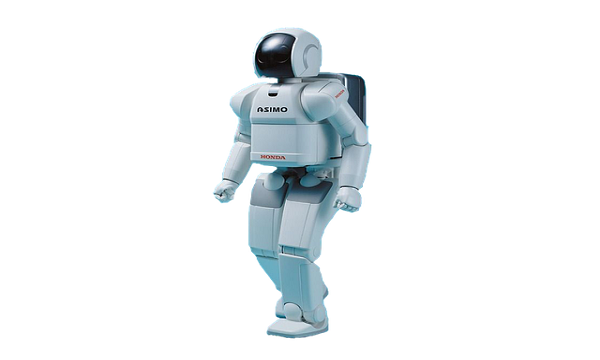Dozens of humanoid robots took to the streets of Beijing on Saturday morning to participate in the world’s first robot half-marathon.
The event, held in Beijing’s E-Town technology hub, brought together mechanical competitors and human runners for a unique 21-kilometer (13-mile) race designed to test the limits of bipedal robot capabilities in real-world conditions.
As the starter’s gun fired and the Chinese pop song “I Believe” played on repeat from loudspeakers, the robots began their journey one by one, taking their first steps onto the course while curious human participants lined up alongside, phones ready to capture the historic moment.
The event wasn’t without drama. One smaller android fell over early in the race but managed to right itself after several minutes, drawing enthusiastic cheers from spectators. Another robot, designed to resemble a Transformer and powered by propellers, veered off course at the starting line, crashing into a barrier and knocking over an engineer.
“Getting onto the race track might seem like a small step for humans, but it’s a giant leap for humanoid robots,” said Liang Liang, deputy director of Beijing E-Town’s management committee.
Engineers could be seen jogging alongside their mechanical creations throughout the event.
Around 20 teams from across China participated in the competition with robots ranging from 75 to 180 centimeters (2.46 to 5.9 feet) in height and weighing up to 88 kilograms (194 pounds). Some robots operated autonomously, while others were remotely guided by their engineers, with humans and machines running on separate tracks.
According to engineers at the event, the primary goal wasn’t victory but completion—testing the performance and reliability of their androids over an extended distance and duration.
“I think it’s a big boost for the entire robotics industry,” said Cui Wenhao, a 28-year-old engineer from Noetix Robotics.
Cui revealed that as part of its training regimen, their humanoid robot had been running a half-marathon daily at a pace of about seven minutes per kilometer. He expected it to complete the race without issues but had prepared a backup robot just in case.
The race represents another step in China’s push to establish itself as a global leader in artificial intelligence and robotics, directly challenging the United States in these cutting-edge technologies.
Earlier this year, Chinese startup DeepSeek gained attention with a chatbot it claimed was developed more cost-effectively than American alternatives, while dancing humanoid robots captivated audiences during a televised Chinese New Year celebration.


